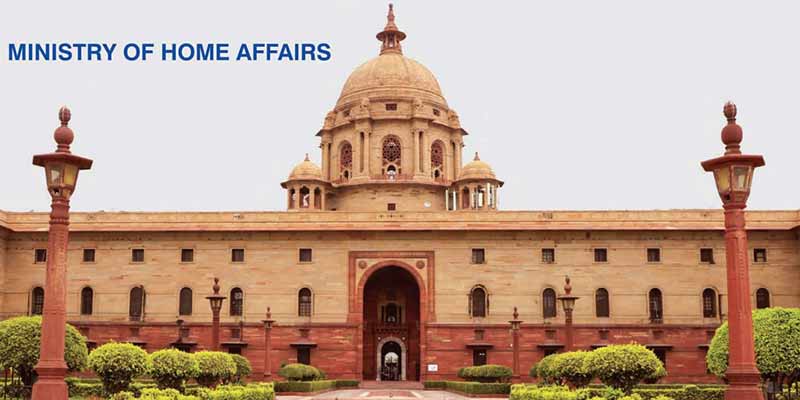- India
- Dec 31
Explainer / Mutual Legal Assistance Treaty
India and Saudi Arabia are in talks to sign a Mutual Legal Assistance Treaty (MLAT).
An MLAT is an agreement between two or more countries for the purpose of gathering and exchanging information in an effort to enforce public or criminal laws.
Union Home Secretary Ajay Kumar Bhalla said the home ministry has designed a new online portal on Mutual Legal Assistance Treaties (MLAT), Letter Rogatory (LR) requests which can be utilised for the purpose and assured further assistance.
Mutual Legal Assistance Treaties
• Mutual Legal Assistance is a mechanism whereby countries cooperate with one another in order to provide and obtain formal assistance in prevention, suppression, investigation and prosecution of crime to ensure that the criminals do not escape or sabotage the due process of law for want of evidence available in different countries.
• India provides mutual legal assistance in criminal matters through bilateral treaties/agreements, multilateral treaties/agreements or international conventions or on the basis of assurance of reciprocity.
• The Mutual Legal Assistance Treaties (MLATs) in criminal matters are bilateral treaties entered between the countries for providing international cooperation and assistance.
• MLATs generally allow for the exchange of evidence and information in criminal and related matters.
• The ministry of home affairs is the central authority of India for dealing with requests of mutual legal assistance in criminal matters. The central authority transmits and receives all requests for assistance either directly or through diplomatic channels.
• These agreements assume importance in combating transnational organised crimes, trans-border terrorism, crimes and other serious offences, such as drug trafficking, money laundering, counterfeit currency and smuggling of arms and explosives.
• India has so far signed these treaties with over 40 countries.
• India along with other SAARC countries had signed a Convention on Mutual Legal Assistance in Criminal Matters in 2008. India has since ratified the convention but a few other SAARC countries are yet to sign it. The convention aims to strengthen regional cooperation in the investigation and prosecution of crime.
Difference between Mutual Legal Assistance (MLA) Request and Letters Rogatory (LR)
• Mutual Legal Assistance Request in the Indian context is a formal request made by the central authority of India to the central authority of another country on the request of investigating officer or agency under any bilateral treaty/agreement, multilateral treaty/agreement or international convention.
• Mutual Legal Assistance Request can only be made to the countries with which India has bilateral treaty/agreement, multilateral treaty/agreement or international convention.
• The term ‘Letters Rogatory’ is derived from the Latin term rogatorius. Letters Rogatory are the letters of request sent by the court of one country to the court of another country for obtaining assistance in investigation or prosecution of a criminal matter.
• LRs can be issued to the countries with whom India has bilateral treaty/agreement, multilateral treaty/agreement or international convention under the same arrangements. Further, LR can also be issued to any other country (with whom India does not have any existing treaty or international convention) on the basis of assurance of reciprocity.
Common forms of assistance provided to or sought by India are as follows:
i) Identifying and locating persons and objects.
ii) Taking evidence and obtaining statements.
iii) Assisting in the availability of person in custody or others to give evidence or assist in investigations or appear as a witness.
iv) Effecting service of judicial documents.
v) Executing searches and seizures.
vi) Providing information, documents, records and other evidentiary items.
vii) Taking measures to identify, locate, attach, freeze, restrain, confiscate or forfeit the proceeds and instrumentalities of crime.
viii) Taking measures to restitute the embezzled public funds.
ix) Delivery of property including lending exhibits.
x) Protecting and preserving computer data.
xi) Any other form of assistance not prohibited by the law of the Contracting States.
Manorama Yearbook app is now available on Google Play Store and iOS App Store

